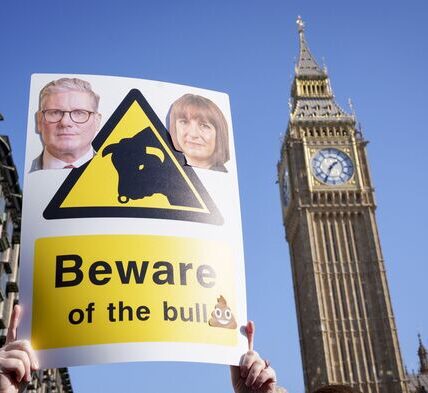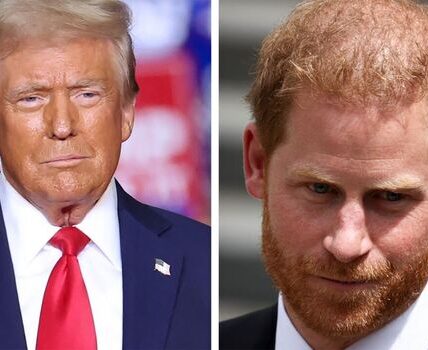EXCLUSIVE: Rachel Reeves should make it clear there will be no wealth tax in the UK, a CEO says.

Rachel Reeves is under huge pressure to prop up Britain’s public finances (Image: Getty)
Rachel Reeves caving in to demands for a wealth tax would result in the wealthiest fleeing the UK and leaving other Brits on the hook to plug the tax gap, a CEO has warned. Ahead of the Budget on November 26, the Chancellor has been urged by some Labour MPs and campaigners to impose such a tax to help prop up the UK’s public finances.
When asked about wealth taxes in August, Ms Reeves insisted tax decisions are made at a Budget and the Government’s number one priority is to grow the economy by attracting greater investment, creating more jobs and paying “decent” wages. But pressure on the Chancellor is growing from within her own party, as Labour MPs, including Dame Emily Thornberry, Bell Ribeiro-Addy and Steve Witherden, have called for the wealthy to be taxed more.
Ms Reeves said last month that she thought the Government had got the balance right in terms of taxing those “with the broadest shoulders”. She said any further decisions would be “made at a budget in the normal way”.
Shadow Chancellor Sir Mel Stride has said taxing wealth or assets is the “road to ruin”, warning Labour will “tax the living daylights” out of families’ futures. Business has also raised concerns about wealth taxes.
Nigel Green, CEO and founder of asset management giant, deVere Group, told the Daily Express Ms Reeves must resist calls for a wealth tax in the Budget.
He said: “The Chancellor knows, or should do, that confidence is fragile. The longer speculation lingers, the greater the danger that wealth, and the people who create it, will quietly shift elsewhere.
“This is not a theoretical threat. In recent months, high-net-worth individuals have begun restructuring holdings and exploring residency abroad, with some shifting capital to jurisdictions that promise stability.”
Mr Green said the Chancellor’s silence on wealth taxes ahead of November 26 is being read as intent. He warned that the wealthy are mobile and rarely return once they leave a country.
He added: “France’s wealth tax drove an exodus of entrepreneurs and investors, costing the state far more in lost revenues than it ever collected. The lesson is obvious: wealth taxes are self-defeating.
“The UK cannot afford such a misstep now. Growth remains weak by international standards. Business investment as a share of GDP lags behind our competitors. Productivity has been stagnant for over a decade. Introducing the spectre of confiscatory taxation into this environment would be reckless.”
His comments came as figures from the Office for National Statistics showed UK GDP flatlined in July, recording zero growth.
Mr Green said the Chancellor should focus on policies which would grow Britain’s tax base, a wealth tax would be “notoriously complex” to administer and costly.
He said: “Ultimately, the wealthy would restructure holdings across borders to mitigate exposure, shrinking the base and undermining the policy’s stated purpose. Meanwhile, those unable to move assets so easily, including successful professionals, second-generation business owners, savers, would be left carrying the burden.”
Ms Reeves’s refusal to rule out wealth taxes has allowed speculation to corrode confidence, with markets jittery and entrepreneurs pausing decisions, according to the CEO.
Mr Green said: “International investors are questioning whether Britain still welcomes success. Every day of ambiguity accelerates the quiet outflow of capital and talent.
“The fix is simple. Rachel Reeves should make a clear, unequivocal statement: there will be no wealth tax in the UK…
“If this Government is serious about growth, it must project that Britain is a place where wealth is respected, not targeted. The Chancellor’s decision in November will determine whether capital stays and works for the UK, or whether it continues to slip away.”
In response, the Treasury pointed to the Chancellor’s remarks in August as well as the axing of non-domiciled tax status, increased taxes on private jets and second homes on top of higher capital gains tax as wealth tax measures already introduced by the Government.

